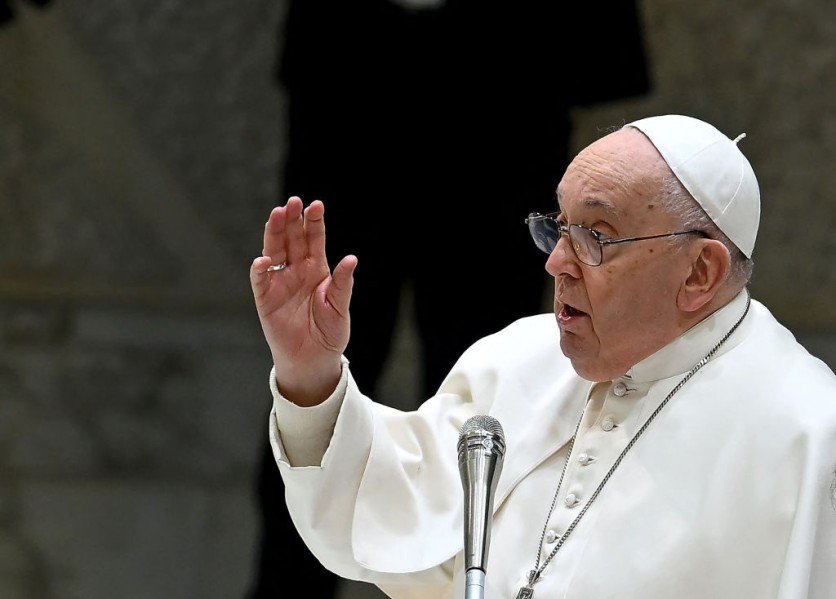In a recent message for the 2024 World Day of Social Communications, Pope Francis once again delved into artificial intelligence (AI) and its impact on humanity (via Vatican News).
The leader of the Catholic Church focused the message on the intersection of artificial intelligence (AI) and the essential qualities that make us fully human.

The Pope's Recent Comments on AI
Pope Francis begins by acknowledging the profound influence of AI on the world of information and communication, asserting that these changes affect everyone. He poses a question: "How can we remain fully human and guide this cultural transformation to serve a good purpose?"
"Wisdom of the heart is the virtue that enables us to integrate the whole and its parts, our decisions and their consequences, our nobility and our vulnerability," Pope Francis articulates.
However, he warns that true wisdom cannot be sought from machines, emphasizing that using the term "intelligence" in AI might be misleading. While AI can store data, making sense of that data requires the unique capabilities of human beings.
The Pope acknowledges the potential of AI in specific fields, cautioning against its misuse. He highlights the dual nature of technology, stating that "depending on the inclination of the heart, everything within our reach becomes either an opportunity or a threat." In the wrong hands, AI tools could lead to disturbing scenarios, urging the need for regulation.
Vatican's Previous Comments on AI
This is not the first time Pope Francis has voiced concerns about the unchecked development of AI.
In December 2023, he called for a binding international treaty to regulate AI, emphasizing the importance of preserving human values in the face of technological advancements.
The Pope warned against a potential "technological dictatorship" and expressed reservations about AI's role in weapons systems.
The call for regulation coincides with global efforts, such as Europe's AI Act, indicating a growing recognition of the need for ethical oversight.
Friar Paolo Benanti, a key figure and expert in the Vatican's ethical considerations of AI, recently echoed the Pope's sentiments. He emphasizes the importance of inclusive data and governance: "It is a problem not of using (AI), but it is a problem of governance."
In another notable move, the Vatican released a comprehensive handbook on AI ethics in June 2023. The handbook, a collaboration between the Pope Francis-founded Institute for Technology, Ethics, and Culture (ITEC) and the Markkula Center at Santa Clara University, advocates for embedding moral ideals and ethical standards into technology and businesses.
However, even the Pope's likeness has already been subjected to AI tech. In March 2023, a viral deepfake image of Pope Francis, created by the Midjourney AI v5, circulated online, showcasing the technology's ability to create realistic simulations.
Pope's Call to Action
Pope Francis calls for collective action, urging humanity to decide whether we become "fodder for algorithms or nourish our hearts with that freedom without which we cannot grow in wisdom."
The Pope envisions a future where artificial intelligence serves the purpose of fully human communication, guided by the enduring wisdom of the human heart.
Only together, he emphasizes, can we navigate the challenges and opportunities presented by the evolving landscape of AI, ensuring its alignment with the principles that define our humanity.
Stay posted here at Tech Times.
Related Article : Pope Francis Urges AI Treaty to Safeguard Human Values Amid 'Technological Dictatorship' Threat

ⓒ 2026 TECHTIMES.com All rights reserved. Do not reproduce without permission.




